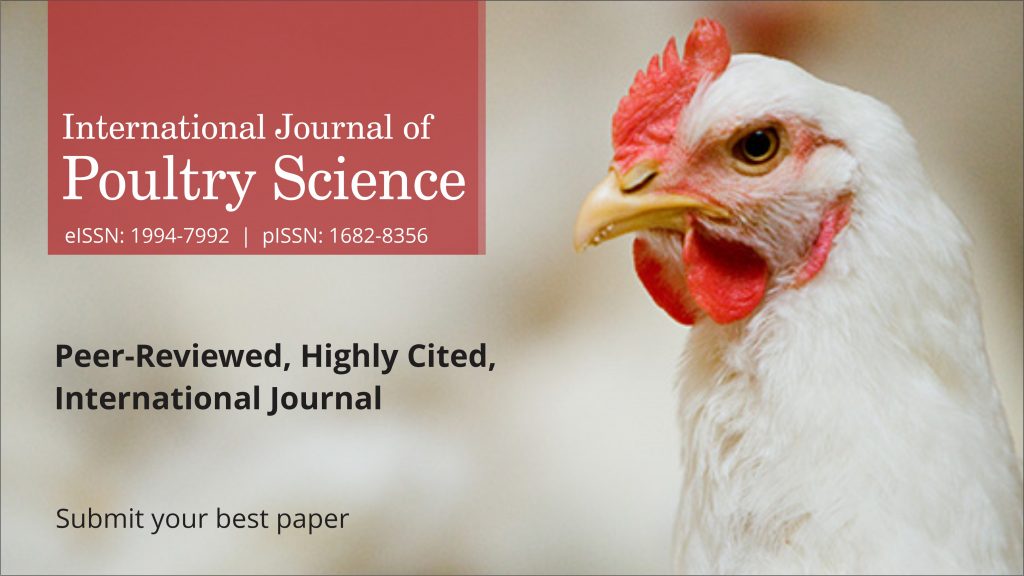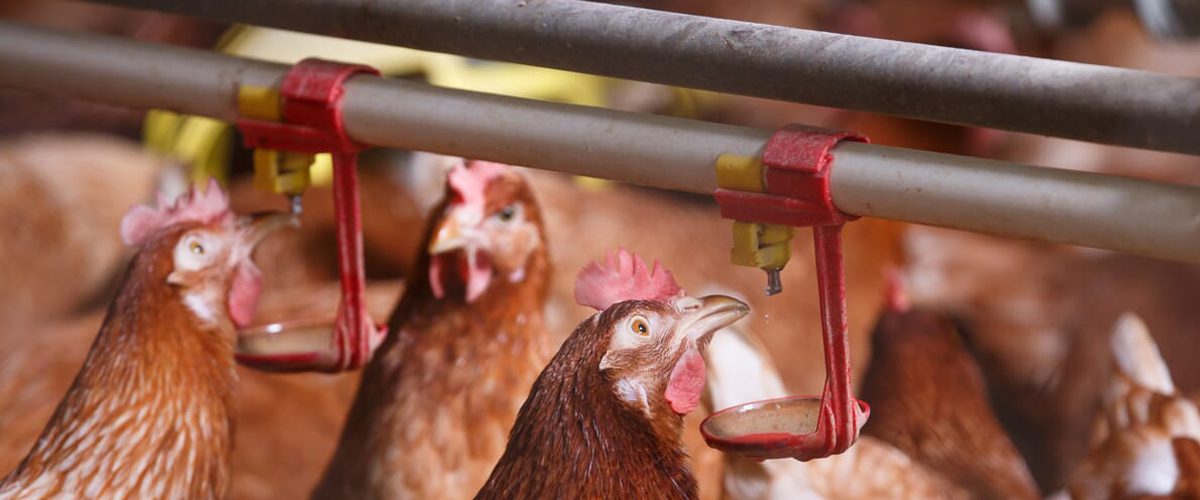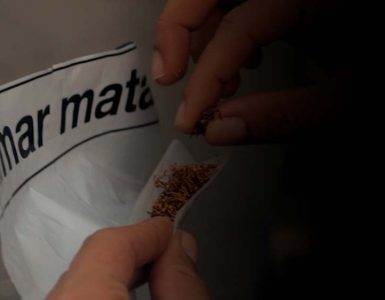A poultry viscera meal is a powdered product that is obtained from the cooking or acid treatment followed by a proper drying technique of the whole gastrointestinal tract in a controlled way. Besides this, feet, heads, necks, gizzards, flesh and other parts are also used for animal feed while these products are consumed by the human in many countries. However, scarce information is available about the use of poultry viscera as human food without proper processing and treatment. According to FAO (2018), the consumption of poultry meat is around 123 million tons per year globally which provides about 10 million tons of empty viscera. Animal producers’ moved their attention towards poultry viscera to use it as a replacement of protein concentration in the feed of beef cattle, dairy cattle poultry due to its higher nutritional value and a relatively lower price.
It is general practice that poultry is slaughtered mostly in open markets rather than slaughterhouses in developing countries where viscera are normally disposed of in open fields, municipal sewage, and streams. Furthermore, some other factors prompt its utility in which high-fat content is one of them that ultimately reduces its storage time by developing rancidity. Viscera are available in small quantities due to open-air slaughtering while it needs to be stored for several days to collect enough before industry scale processing. Therefore, maintaining the storage quality of raw viscera is a challenge to obtain a quality product due to biochemical and microbial changes.
Certain preventive techniques are in use for improving the storage time of poultry viscera meal that includes direct acidification, fermentation, freezing, fat extraction, etc. In the acidification process, both organic acids (formic acid) and mineral acids (sulfuric acid, phosphoric acids) are effectively acidify poultry viscera meal.

Divakaran (2003) illustrated that rancidity and putrefaction up to 72 h can be prevented by the use of 1.0-5.0% of sulfuric acid. There is a lack of information pertaining to the efficacy of citric acid for the acidification of poultry viscera. The nutritional composition of viscera varies based on the raw materials used during processing. Khosravinia et al. (2014) demonstrated that a broiler diet containing 3-12 % poultry viscera did not show any adversative effect on their production performance, even as a substitute for a fish meal up to 100%. Novel research carried out by Redoy et al. (2021) and published in the International Journal of Poultry Science to find suitable methods for short-term preservation of Poultry viscera meal before processing and recycling it as broiler feed. The results indicated that both 1.0% citric/sulfuric acid prevented lipid oxidation in Poultry viscera meal and maintained storage quality at least for 48 hours. They further recommended that Poultry viscera meal could be added to the broiler diet as a replacement of protein concentrate up to 5.0% for cost-effective broiler production. so, the researcher concluded that citric acid and sulfuric acid might have a positive impact on reducing fat oxidation in poultry viscera by improving its storage life.
















Add comment